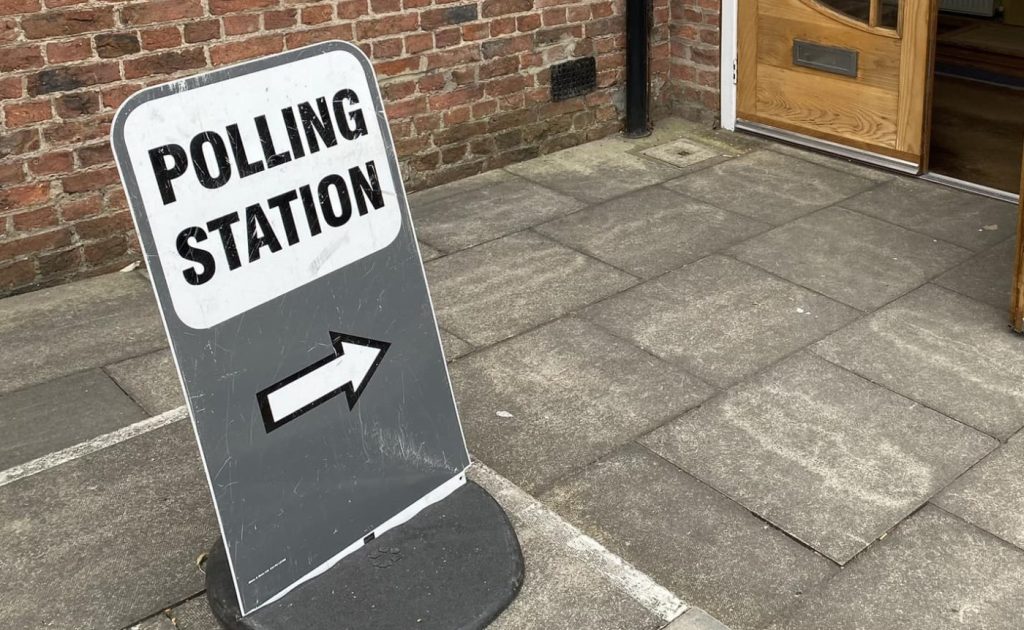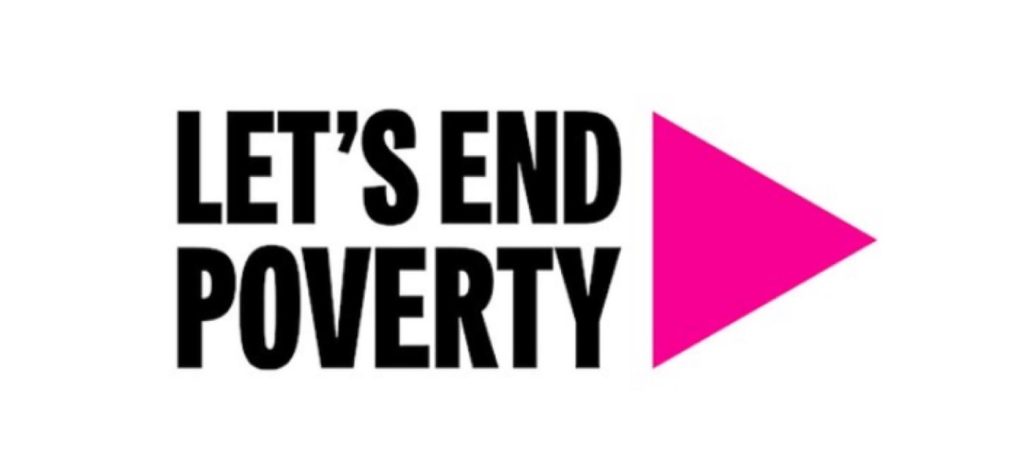Report’s purpose
This report is to be submitted to an Annual General Meeting, to be held on Monday 13 May at 1.00pm at the Urban Theology Union, Victoria Hall, Norfolk Street, Sheffield. It covers the period from 1 April 2023 to 31 March 2024 (although it also contains some information on the Civic Breakfast that took place on 18 April 2024, as much of the enabling work for it was done in the 2023-24 year).
The national scene: restoring dignity, agency and power
At a national level, the year 2023-24 was, in some respects, a year of moving the focus onto campaigning, as we enter the run-up to the next General Election. Church Action on Poverty became a member of the nationally organised ‘Let’s End Poverty’ campaign. This is a diverse, growing movement of people who are united behind a vision for a UK where poverty can’t keep anyone down. Several events have been held via video conferencing, and a key focus has been on developing the best ways of influencing those in power, including our MPs.
Our Sheffield branch is committed to supporting this effort as part of the wider drive to improve the lives of those experiencing poverty in Sheffield and beyond. In this regard, in November 2023, our Chair published an article on the William Temple Foundation website that promoted the ‘Let’s End Poverty’ campaign. The article placed a particular focus on how the campaign might go about trying to secure support from the business sector for its aims and objectives. In some respects, it was the Chair’s reflections on the ‘Building Dignity, Agency and Power to End Poverty’ conference that was organised by national Church Action on Poverty, and held in Manchester in November 2023. Our Chair also attended a nationally organised Church Action on Poverty conference held in Leeds in July 2023, called ‘Dignity for All’, and published a follow-up article on the Modern Church website, which focused on the theme ‘Speaking Truth to Power.’
The local scene
In 2023, Sheffield’s branch of Church Action on Poverty moved its meeting place to the Urban Theology Union’s premises at Victoria Hall, Sheffield, and, as a token of its appreciation to UTU, it made a small donation to the value of £50. It also organised an Urban Poverty Pilgrimage, that took place on the South Side of Sheffield on 21 October 2023. Despite being held on a day that started out with heavy rain, 22 pilgrims made the journey, and a full report of the day was produced and circulated across social media, including the national Church Action on Poverty website. This year we vised:
- St James, Norton ― an Anglican church with interesting initiatives for young people and parents to be.
- The work of the Grace Food Bank, based at the Michael United Reformed Church, which provides help for people in need in Lowedges, Norton, Batemoor, Jordanthorpe and the surrounding areas.
- The Terminus Initiative ― a community project that provides support through volunteering, health & social groups, education, and a range of other mental and physical wellbeing and poverty relief interventions.
- The work of St Peter’s, Greenhill ― an Anglican church that supports a range of local initiatives, including providing School Pastors and the Makerspace project to help young people build confidence through practical hobbies and activities.
Our Chair was also interviewed by BBC local radio concerning this event. The interview was preceded by an article, co-written by our Chair and the Revd Dr Ian K Duffield from the Urban Theology Union and published on the national Church Action on Poverty website, which attempted to sketch out what a theology of Urban Poverty Pilgrimage might look like. This article attempted to offer a new starting point for a theological approach to an area of study that has had minimal work done on it. We all felt it was a worthwhile effort, and it set the scene for an enjoyable and informative day for all those who participated. We were pleased to be able to share examples of good practice in our follow-up report.
Branch members also attended events that focused on poverty in the city, including an excellent one organised by National CAP and held at St Mary’s Church, Bramall Lane, in March 2024. It included an exhibition of art works done by a resident of Sheffield, and a performance by a local community choir. Branch members also brought the poverty agenda to their local churches, to keep a spotlight on developments in the city around poverty and its causes and consequences.
Much of the second part of 2023-24 was spent on organising a Civic Breakfast, which took place at the Broomall Community Centre on 18 April. It was an opportunity to raise the profile of poverty in the city to key people of influence. One outcome is that members of our organising group and other invited guests, have been invited by Tom Hunt, leader of Sheffield City Council, to a meeting with him to discuss the points that were raised at the Civic Breakfast, and how best they might be taken forward. A useful summary of the Civic Breakfast outcomes was produced by Bob Rae, and is reproduced in full below.
Civic Breakfast summary
Sheffield Church Action on Poverty’s first Civic Breakfast since Covid has heard that around 120,000 people in Sheffield are living in poverty, homelessness is the worst it has ever been and city food banks could collapse if demand continues to increase.
The Civic Breakfast provides an opportunity for organisations working to address issues caused by poverty in the city to raise and expand understanding of their work and the issues involved and is attended by politicians, civic leaders, officials and faith leaders from Sheffield.
Guests saw a video, produced by Church Action on Povetry in Sheffield, showing the work of the Grace Food Bank in the Lowedges area of the city before hearing from the food bank’s chair Dr Jackie Butcher and Sheffield University Professor of Social Policy Alan Walker.
Prof Walker told Civic Breakfast guests, including Sheffield City Council leader Tom Hunt and Lord Mayor Colin Ross:
“During the cost of living crisis, more and more families fell into deep poverty. “It’s not a matter of juggling and budgeting – they simply don’t have enough money to make ends meet.”
Prof Walker said three out of four families in poverty were going without and three in five did not have enough money to buy the food they needed.
There were 120,000 people, including 28,000 children, living in absolute poverty in Sheffield in 2022-23, a 6,000 increase on 2021-22.
What’s more, 38,000 were living in destitution and 37,000 experiencing severe food insecurity – a 15,000 increase on 2021-22.
Prof Walker said there had been “an unprecedented attack” on the incomes of the poorest in Sheffield.
These included the month delay before Universal Credit begins being paid to claimants, the freezing of payment levels and the abolition of payments for more than two children.
To make matters worse, as poverty increased the government had simply changed the definition of poverty to disguise the rise.
“In Sheffield, 50,000 people are experiencing negative budgets, where more money is going out than coming in – and that is even if they claim all the benefits they are entitled to. A further 35,000 people are ‘running on empty’.”
“Government policies have a very important role to play in combating poverty. Benefit rates are too low. It’s a trap, it’s a systemic trap – and it can be changed.”
The Grace Food Bank’s Dr Butcher said demand had doubled between 2001 and 2023 and was still rising.
“If demand doubles again we won’t be able to cope,” she warned.
She derided claims that people could survive by shopping around and cooking meals themselves, pointing out that some food bank clients had, at best, just a kettle.
“People come to us because the system is broken. They can’t afford ‘stuff’, they can’t afford to make their home safe for a disabled child, they can’t afford to visit their child in hospital, they can’t afford to heat their home to deal with their COPD.
“We need the wholesale re-organisation of the system in this country.”
Tim Renshaw, chief executive of the Cathedral Archer Project, which provides support for the homeless in Sheffield, told guests:
“Homelessness has never been so bad. There are 865 households in temporary accommodation and 45 rough sleepers a night.”
Mr Renshaw described plans to use Public Space Protection Orders to move homeless people out of some areas as “an absolute red herring – a piece of political magical thinking.”
Sheffield City Council Labour Leader Tom Hunt praised local initiatives for trying to lift people out of poverty.
He stressed the Cost of Living Crisis had been going on for far longer than the recent price rises and was the result of Government policy.
Coun Hunt said: ”Choices have been made to design a system that is broken,” adding that putting cash in the pockets of the poor was one way to start dealing with poverty.
Finance update
At 31 March 2024 we had £1587.25 in the bank. This is after we had paid for the hire of the room for the Civic Breakfast, but not before we have paid for the catering for that event. We have a £25 deposit to be returned to us by Broomhall Community Centre.
Looking forward
We are conscious that we are a small group and that our average age is high. However, a small group can have an impact. As Margaret Mead, the famous anthropologist, said: “never doubt that a small group of committed citizens can change the world: indeed, it’s the only thing that ever has.” Nonetheless, there is a danger that, when the average age of a small group is high, it may not survive. In view of this, in the next year we plan to give attention to ways of increasing the size of our membership, as well as attracting some ‘younger blood’ into our team. We also intend to build on the examples of work that have been discussed in this report, whilst recognising that it is better for a small group to do a few things well, than to attempt to do a lot of things that may ‘fall over’, due to lack of inputs. We are also conscious that 2024 is a year when there will be a General Election, and we are aware of the need to focus on how best we can help to influence the political landscape. In addition, we are aware of the excellent work that is being done by the Poverty Truth Commission in Sheffield, and we will be inviting a representative from that Commission to speak at one of our future meetings.
Thank you
The Chair would like to record his thanks to all members of Sheffield’s Church Action on Poverty Group, for the work that they have done over this past year. In particular, Bob Rae’s work in making the film at Grace Food Bank stands out as a highlight for us all to be proud of. And Briony Broome’s excellent secretarial skills have meant that our administrative arrangements have been robust and assured. David Price and Sara Millard’s contributions to organising the Poverty Pilgrimage were also considerable and skilfully executed.
The key to this work is for it to be enjoyable and rewarding (we are all volunteers, after all). This means that we, as a Group, need to be mindful of our human and financial capacity, whilst not being unduly constrained by it.
Dr Joe Forde, Chair, Church Action on Poverty, Sheffield
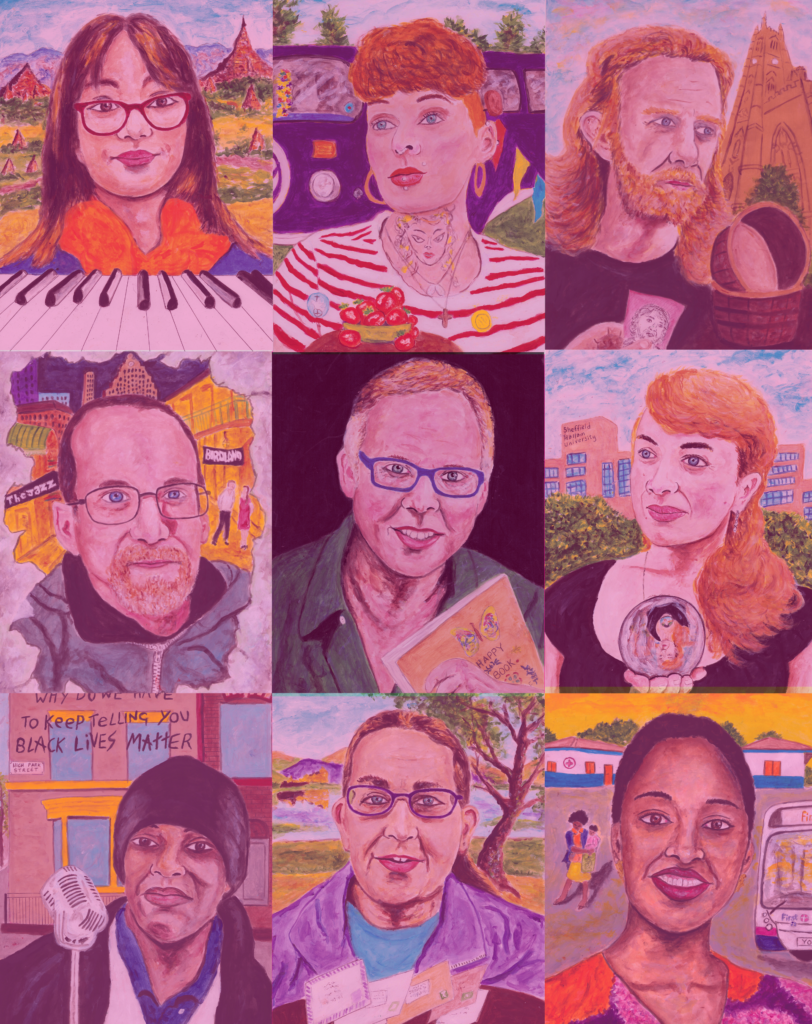


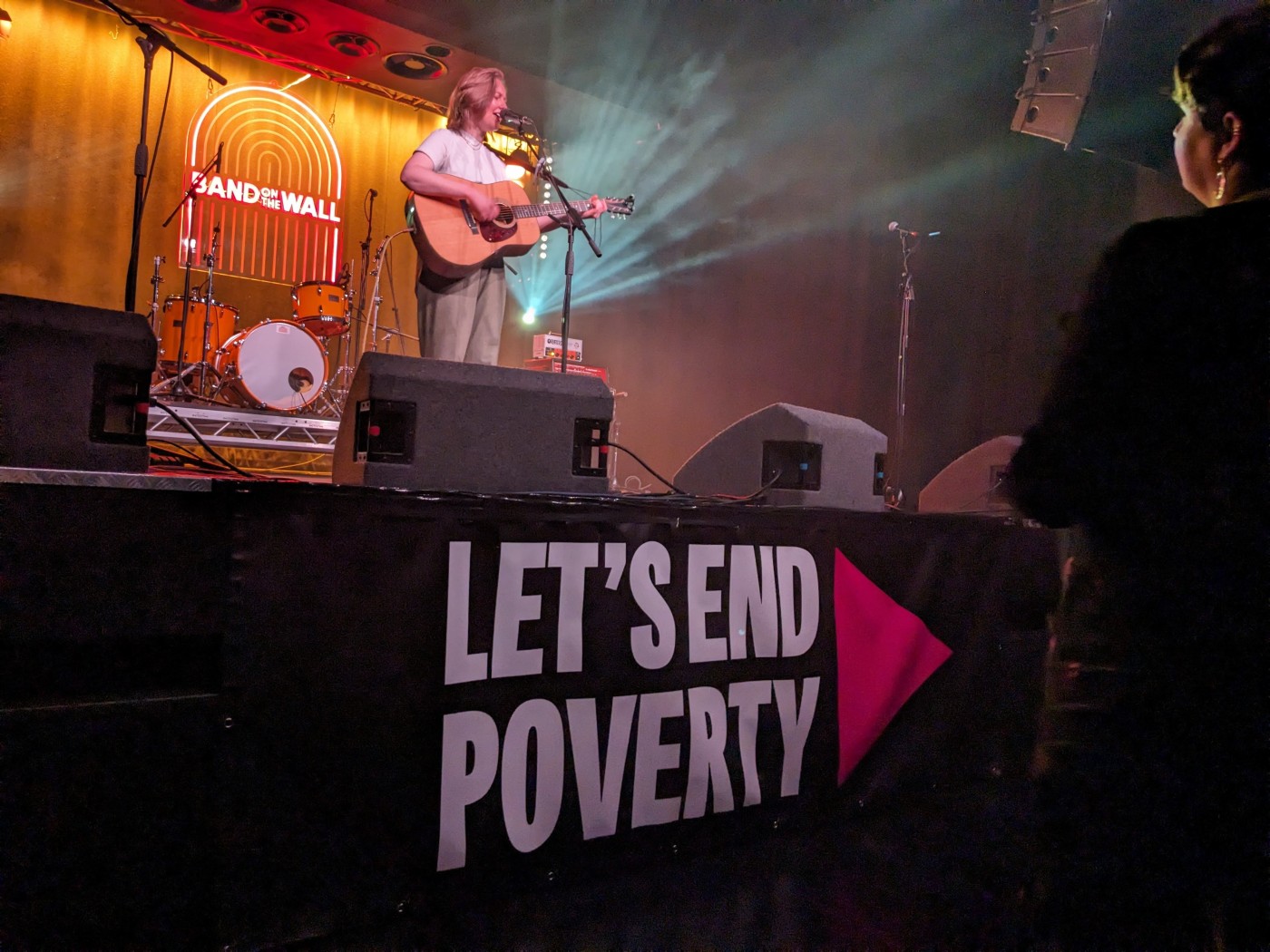
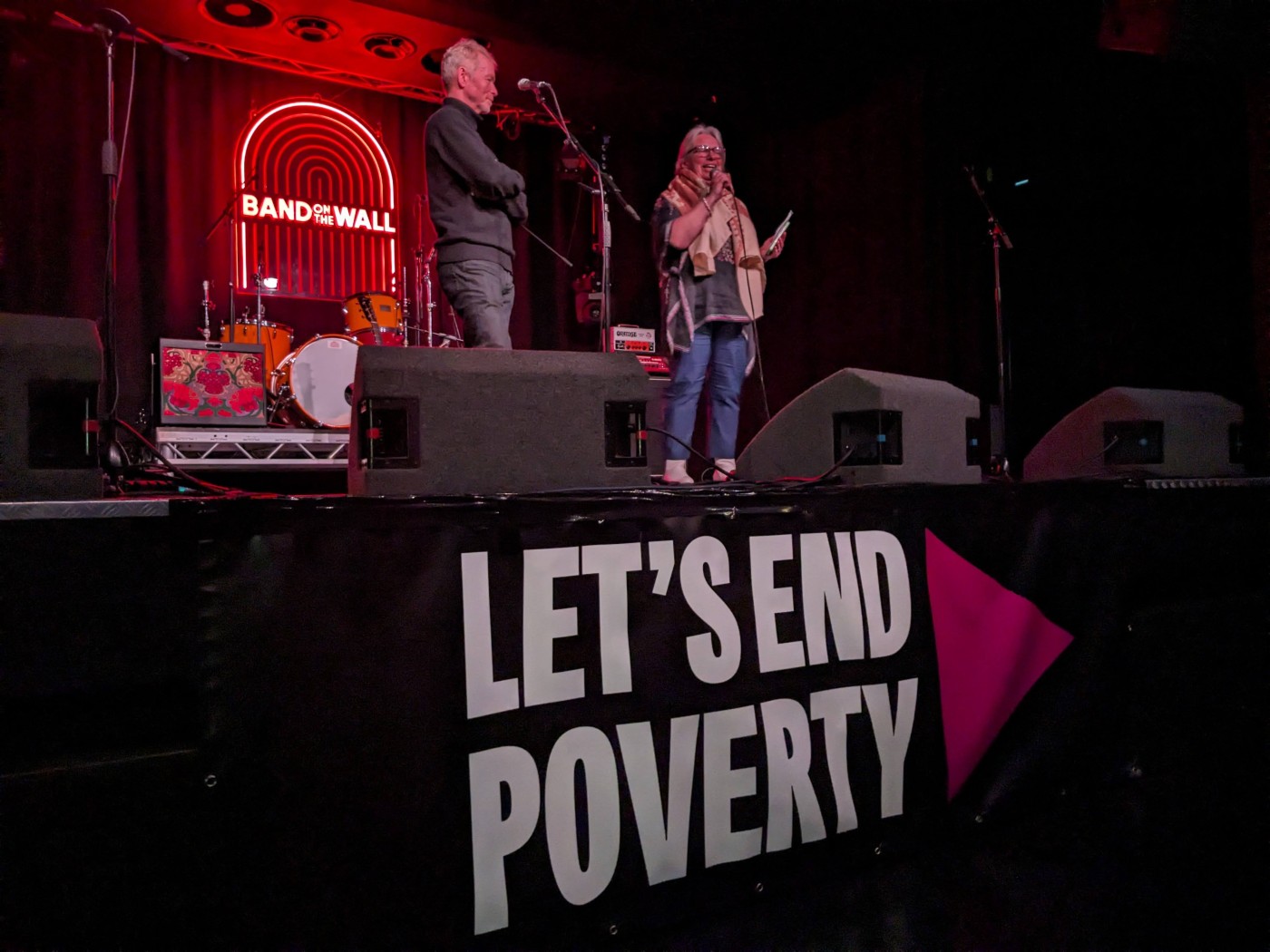
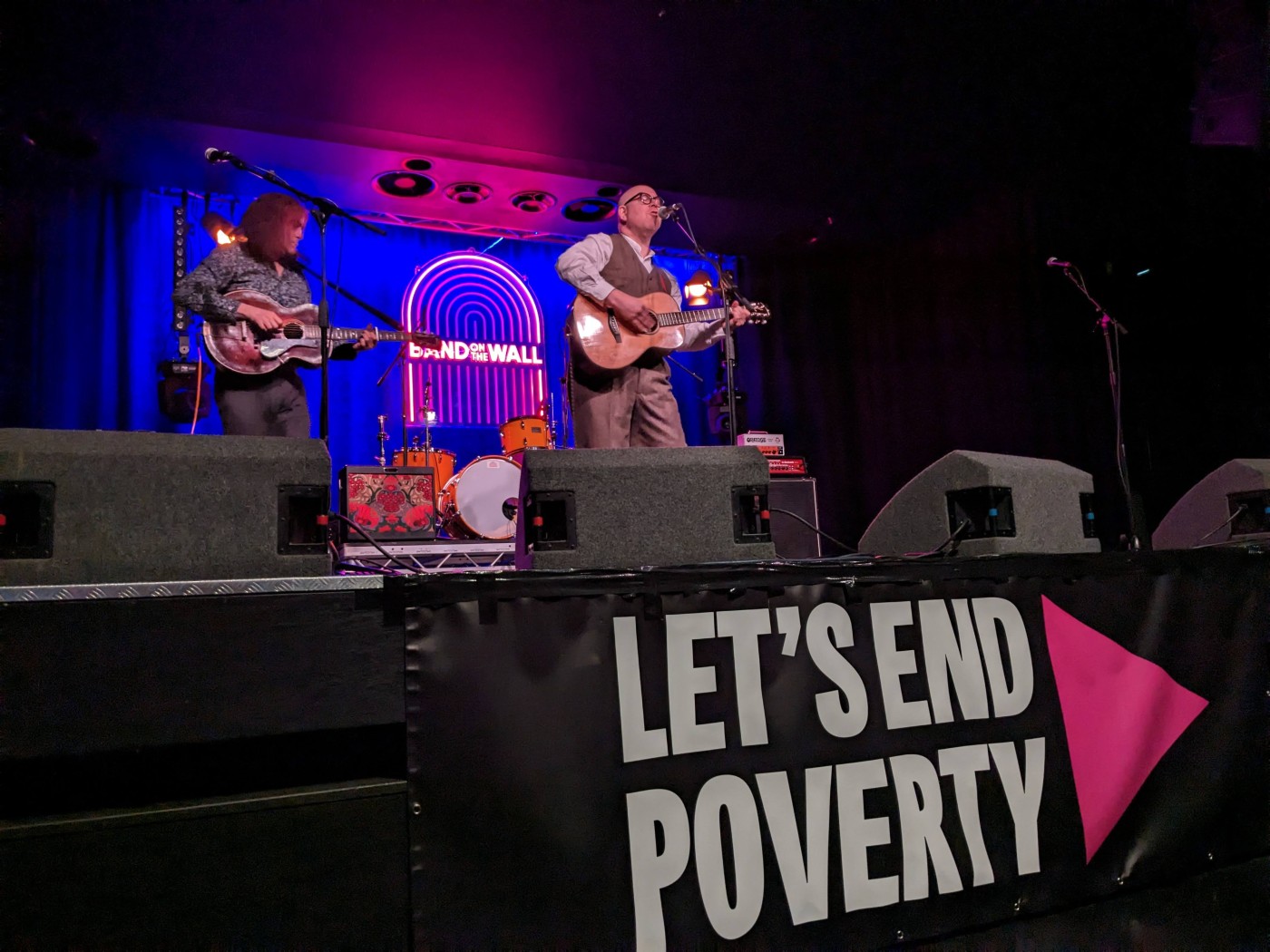

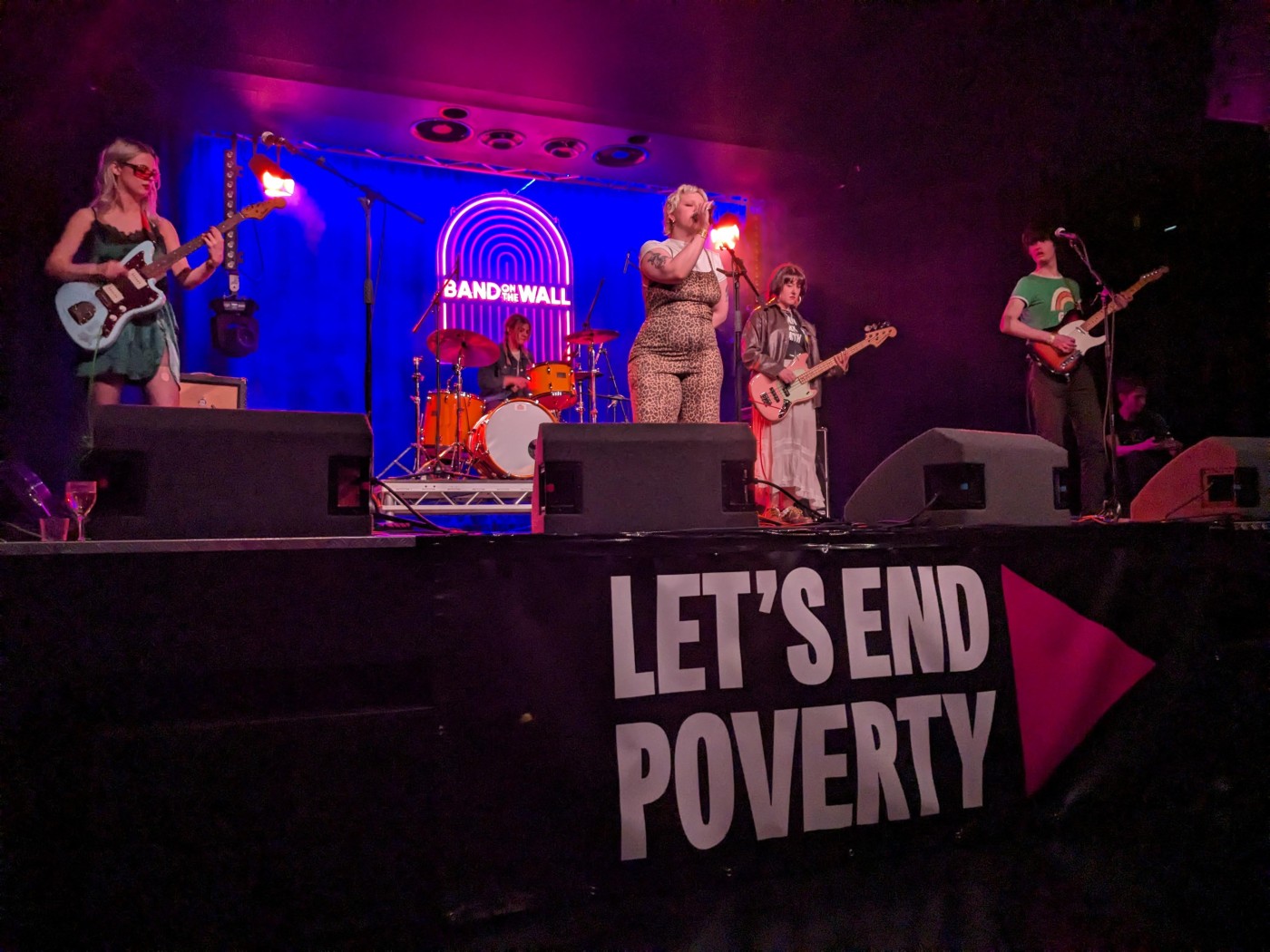

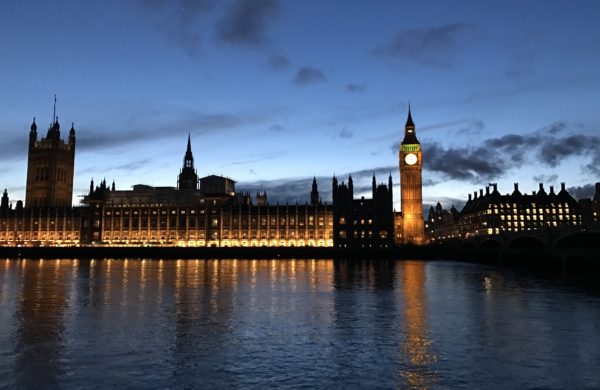

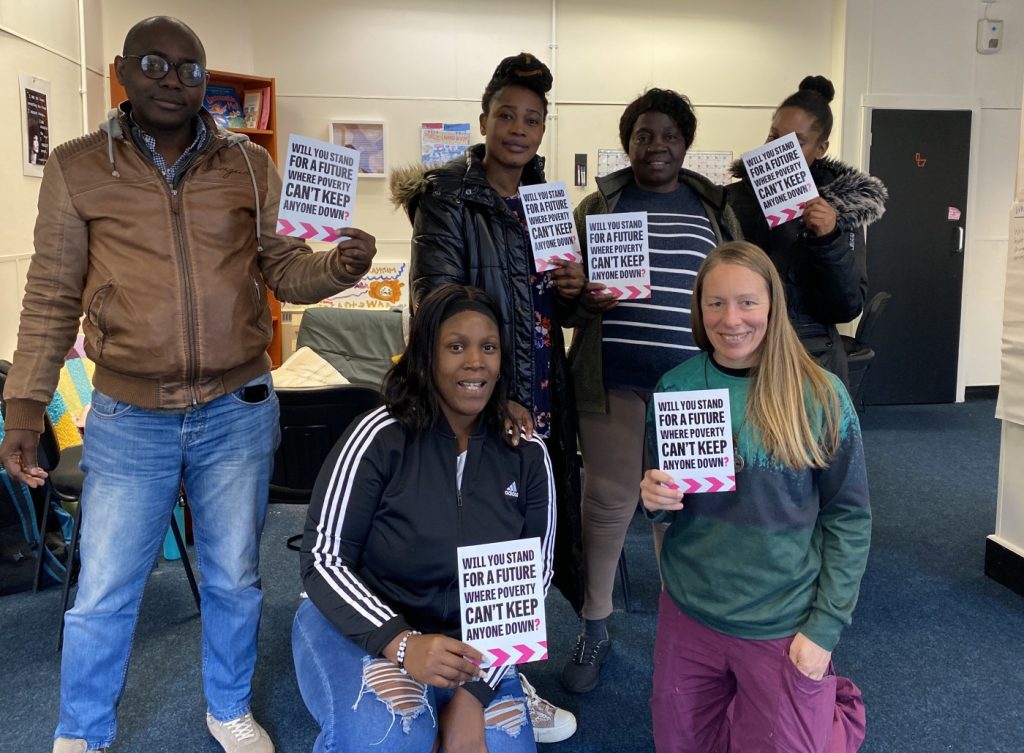
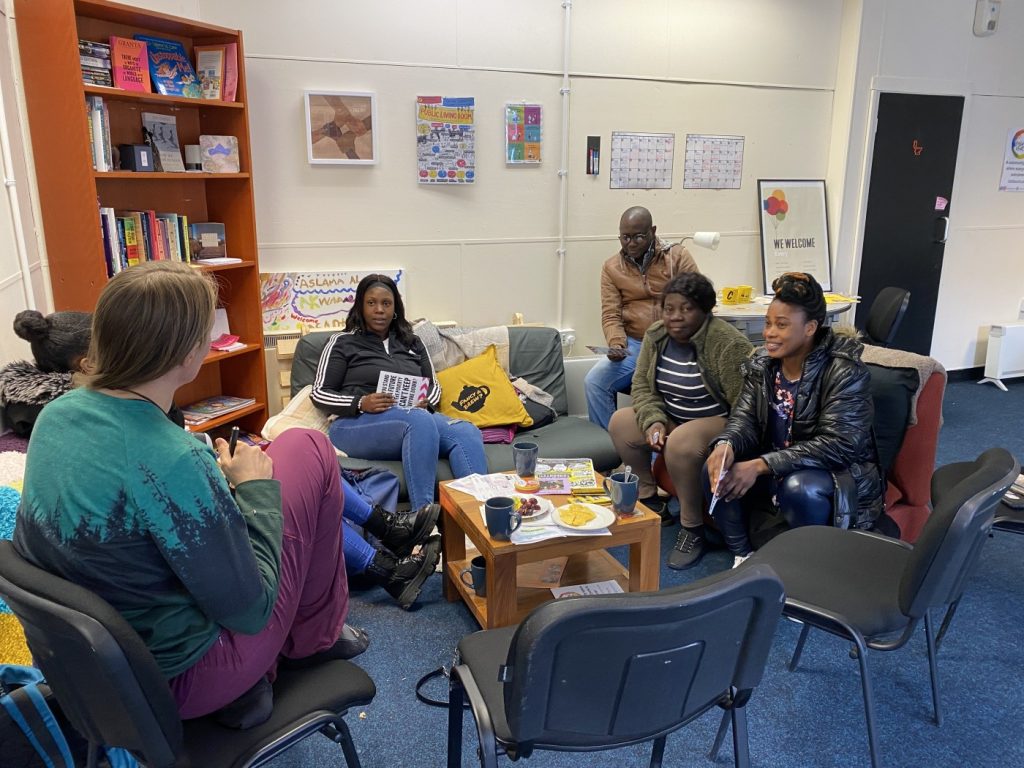
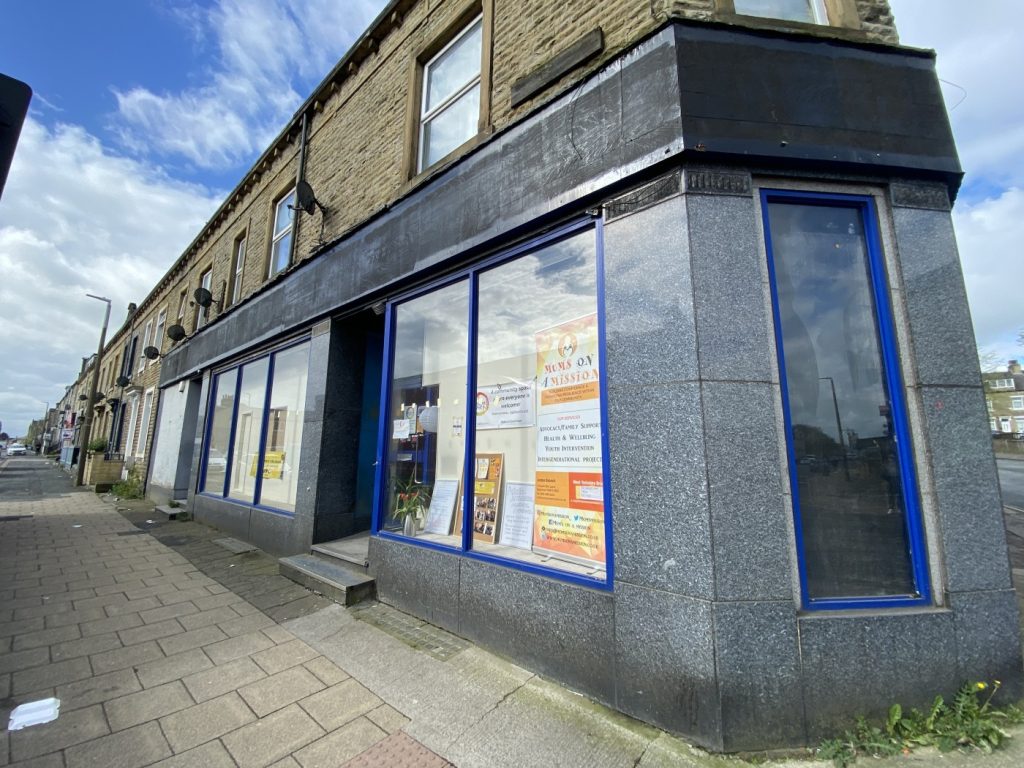
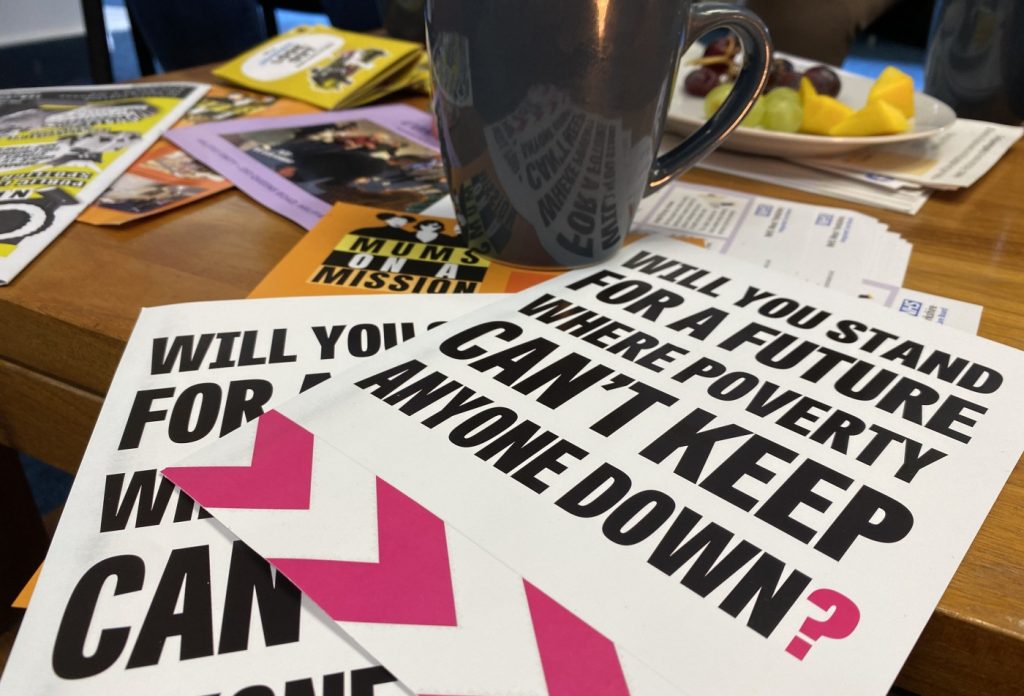



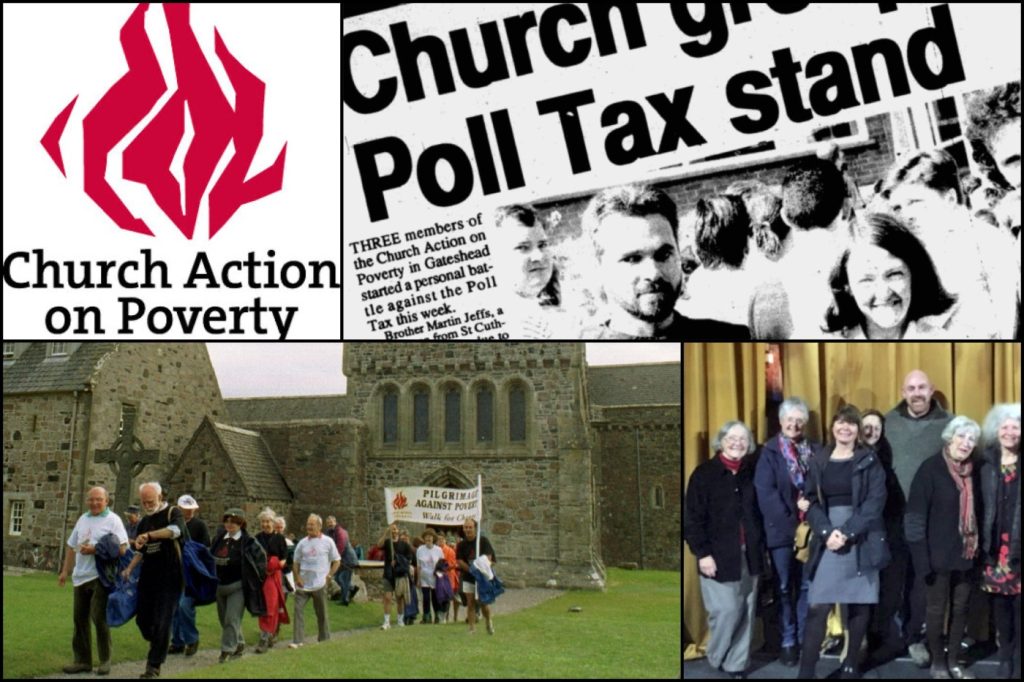
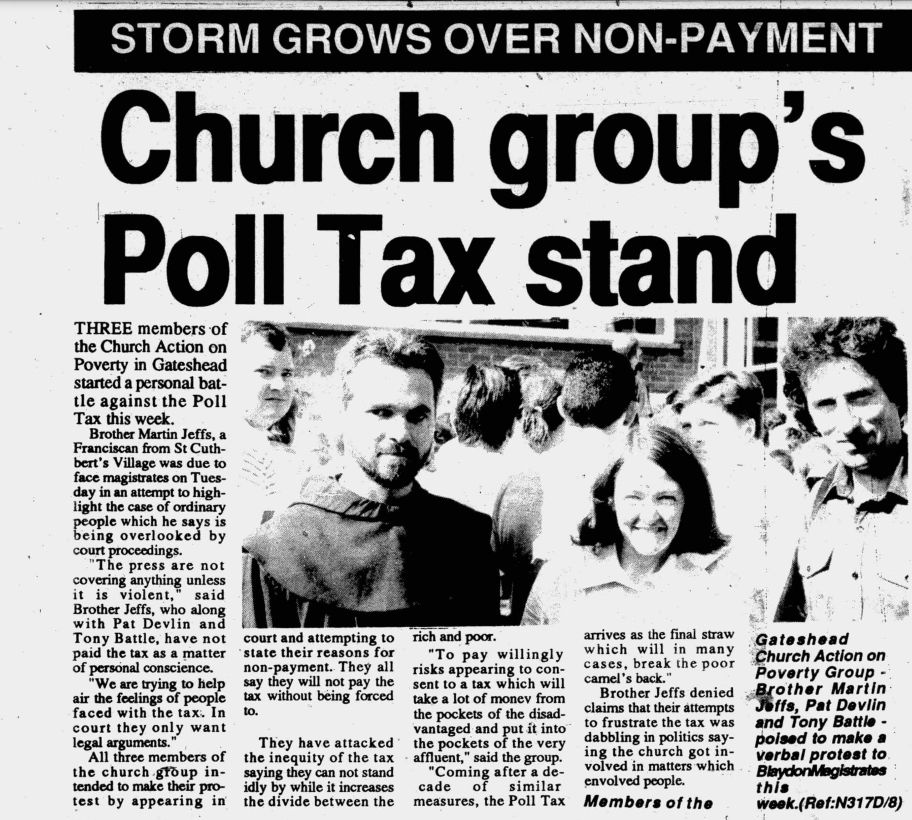
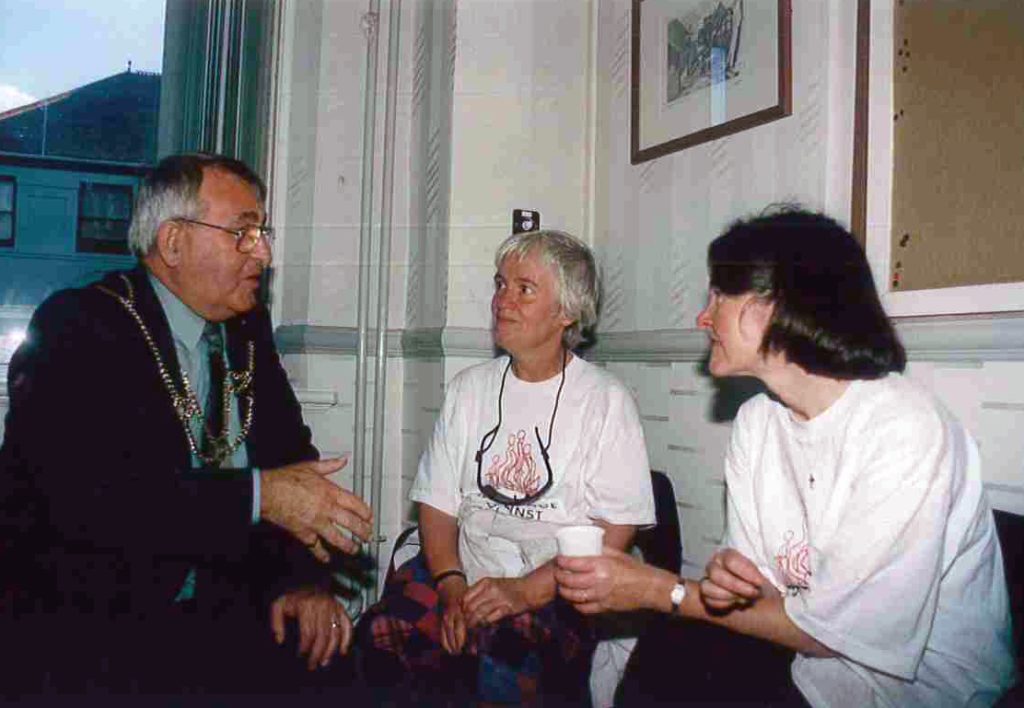
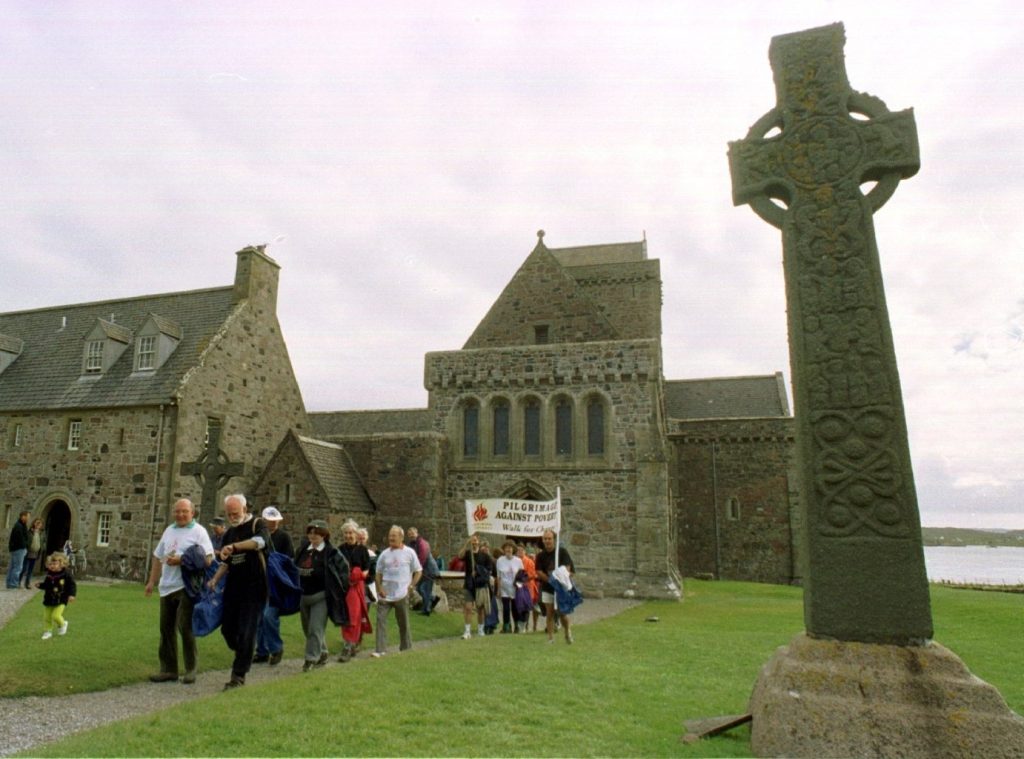
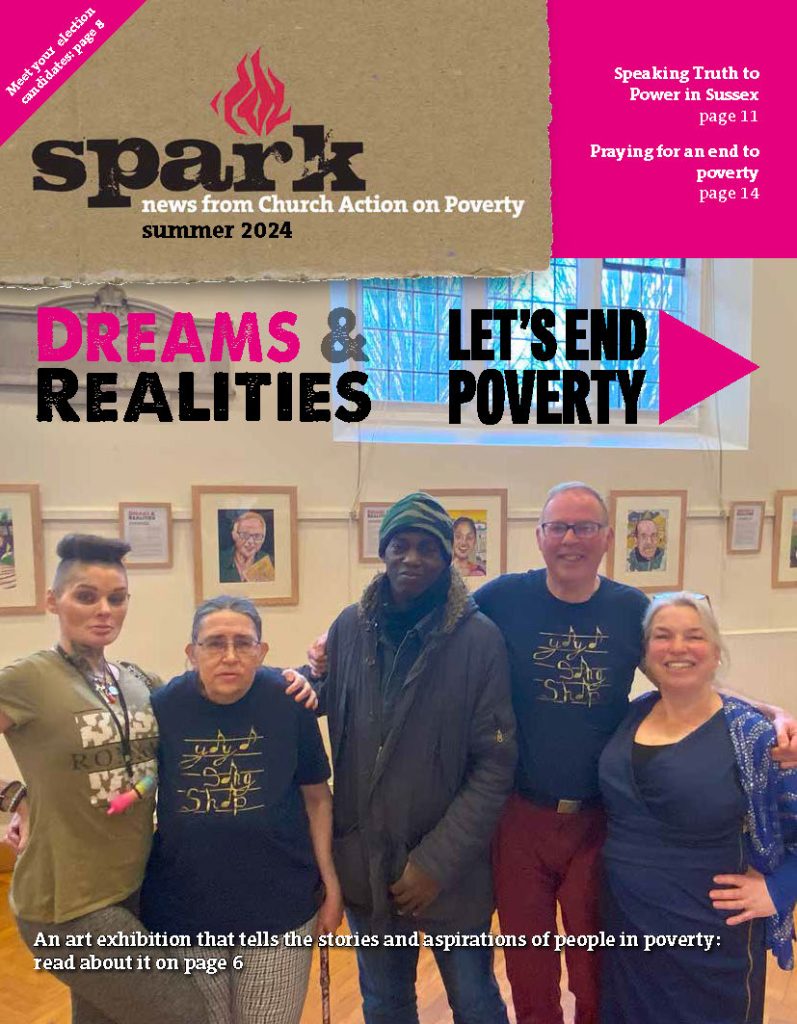
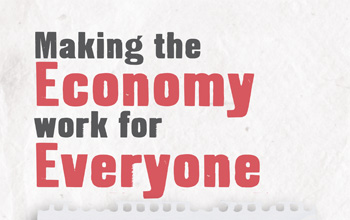
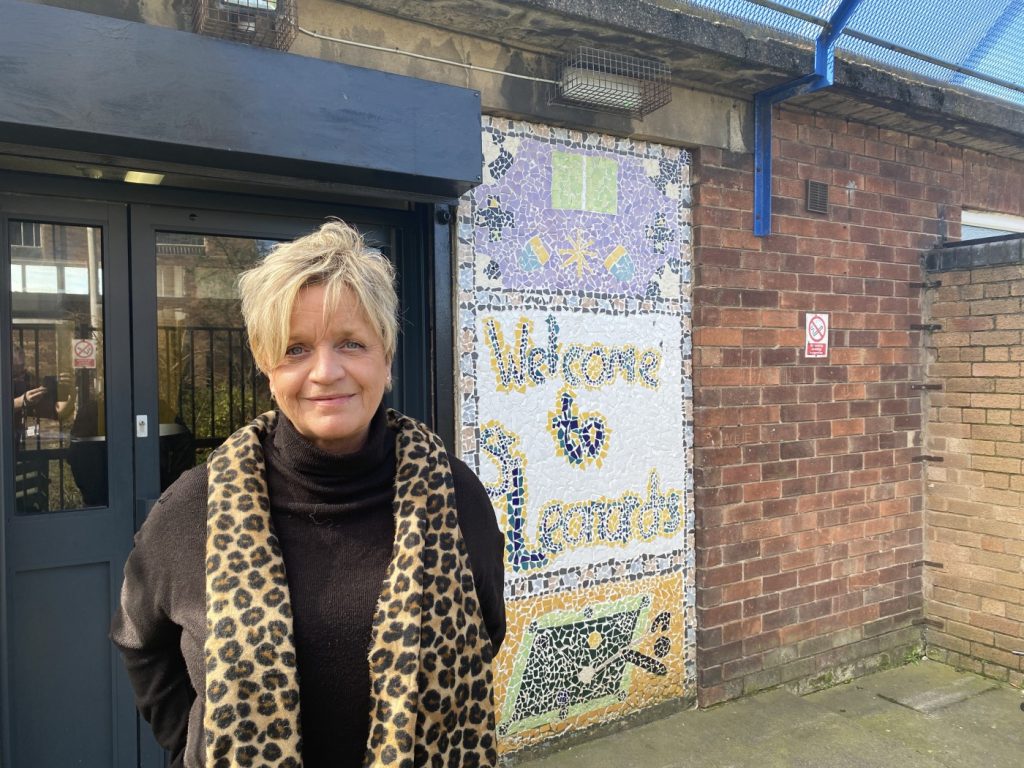
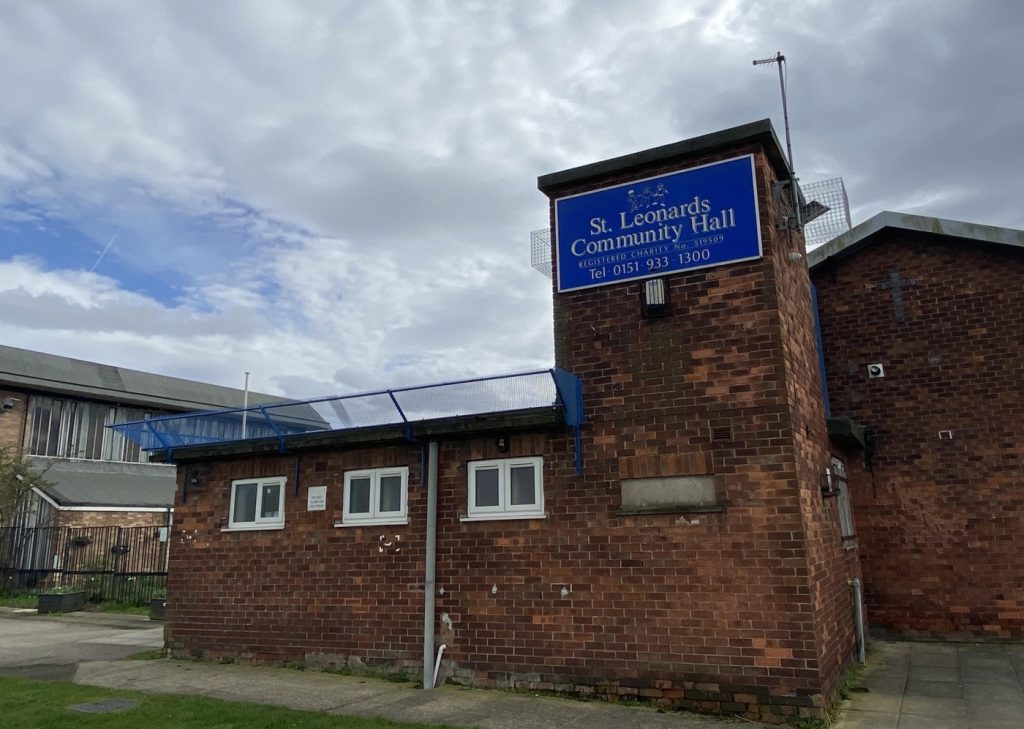
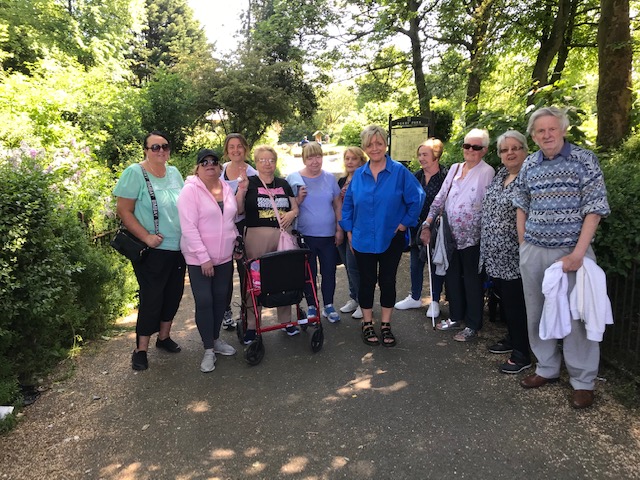
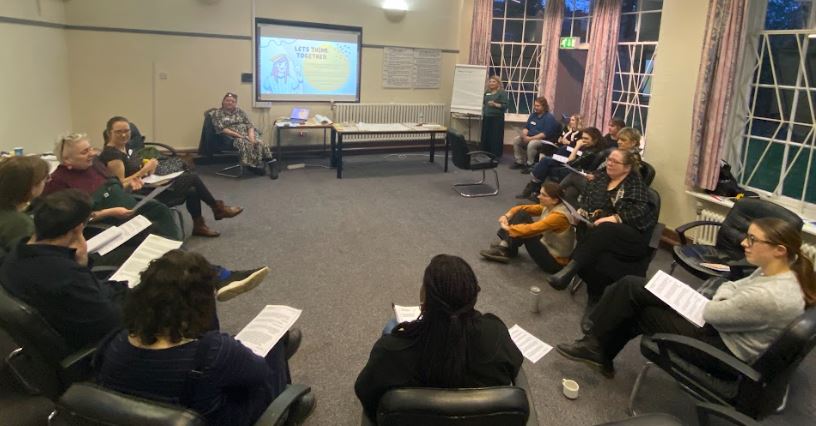
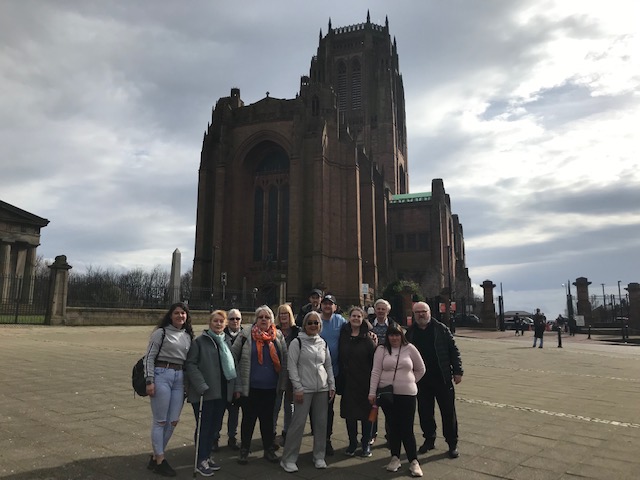












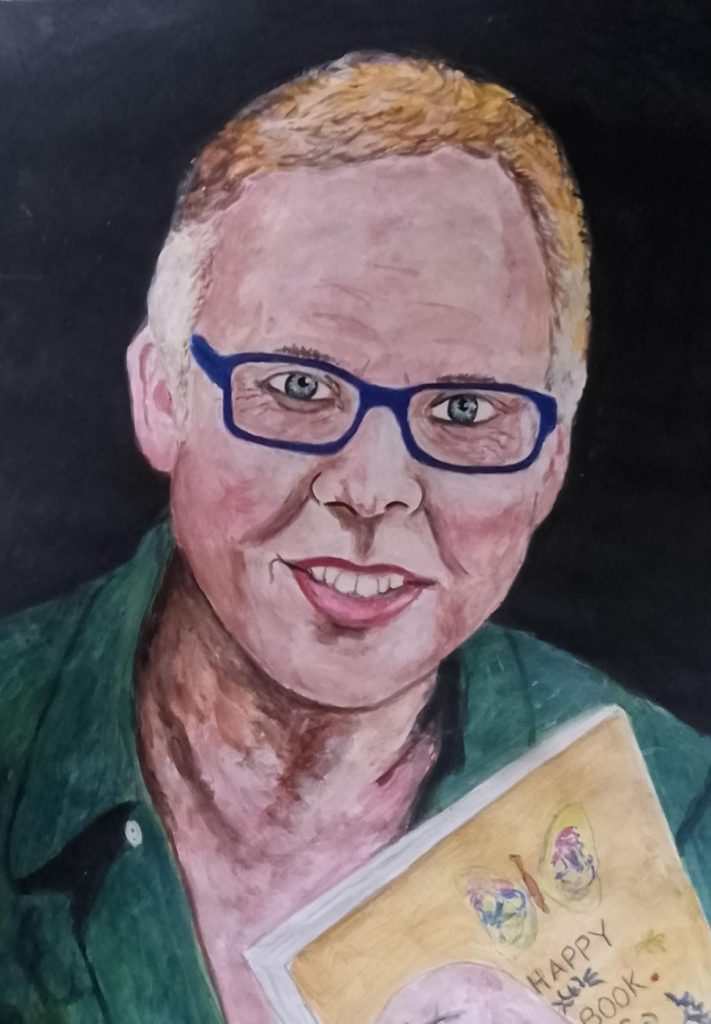
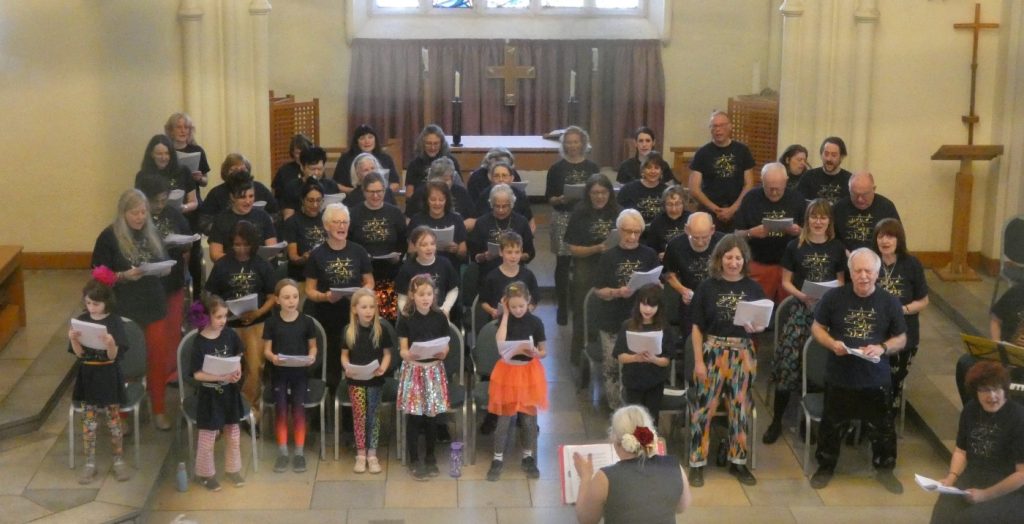







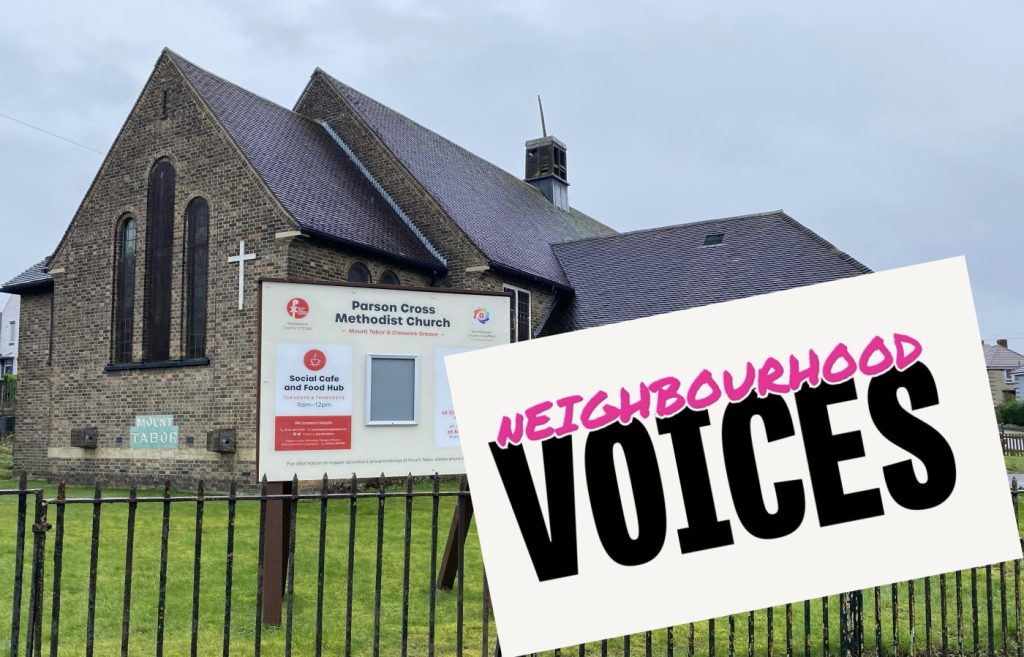

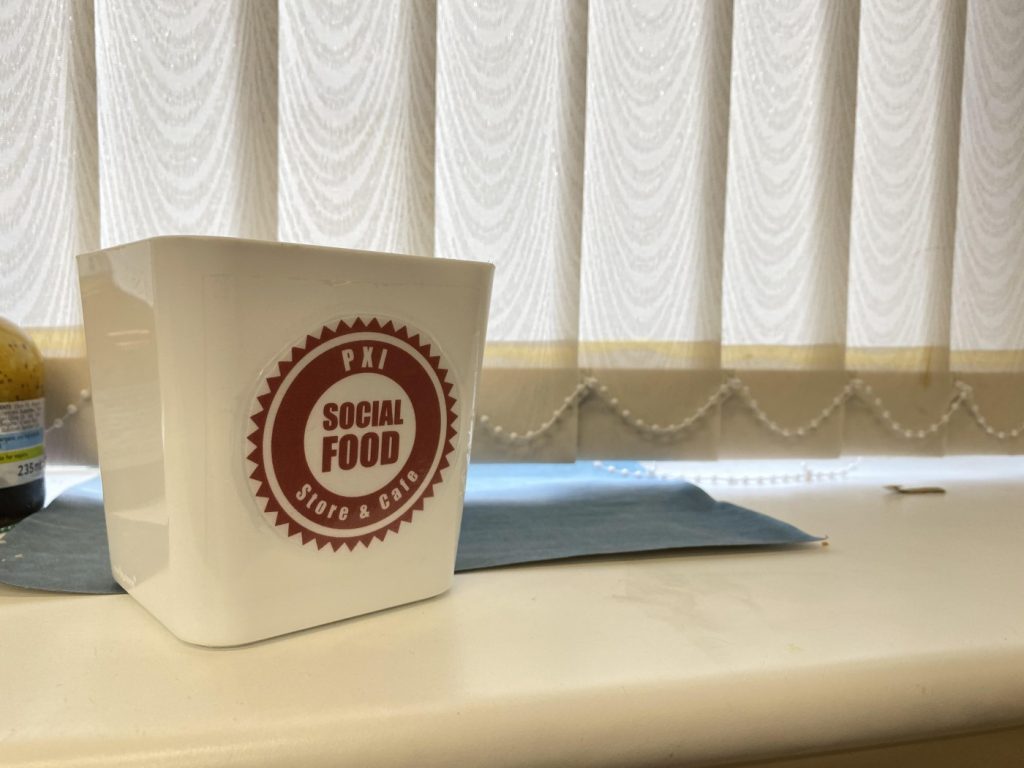

 This year is a chance to reassert what we want for the country. The huge majority of us want to end poverty… Niall Cooper says: Let’s make ourselves heard!
This year is a chance to reassert what we want for the country. The huge majority of us want to end poverty… Niall Cooper says: Let’s make ourselves heard!
